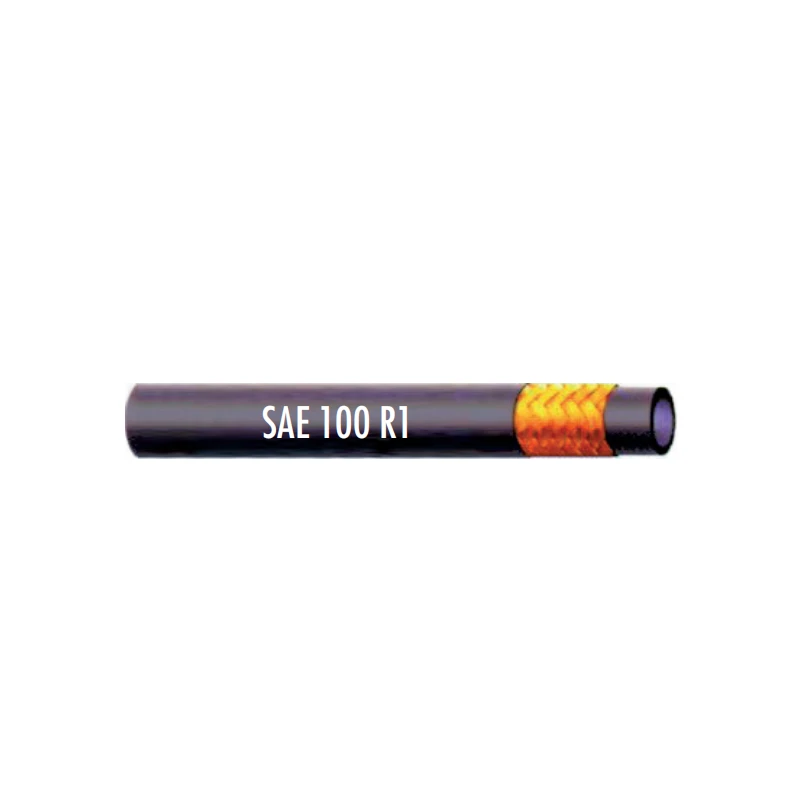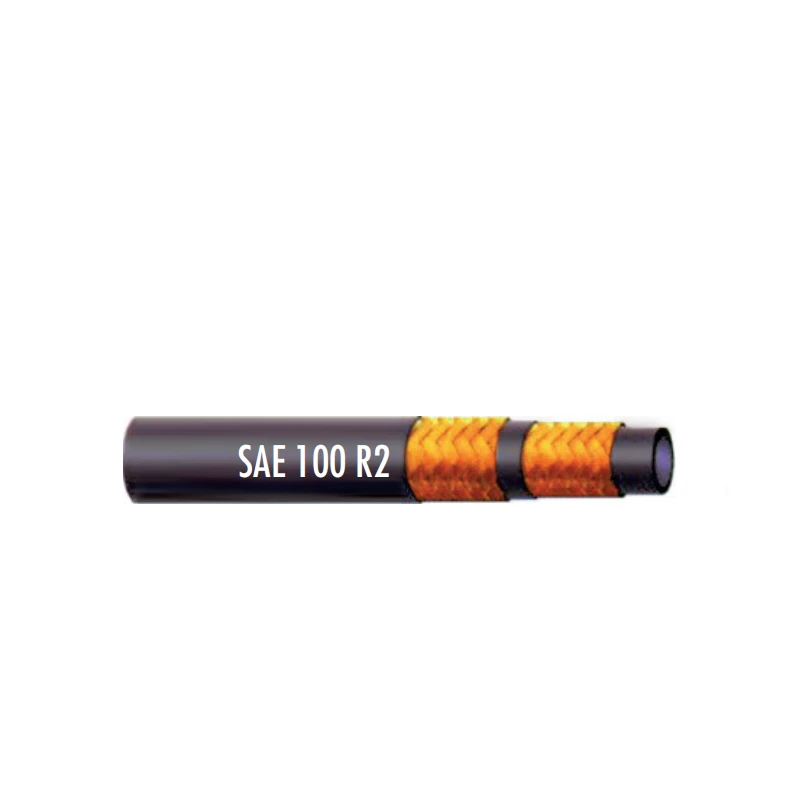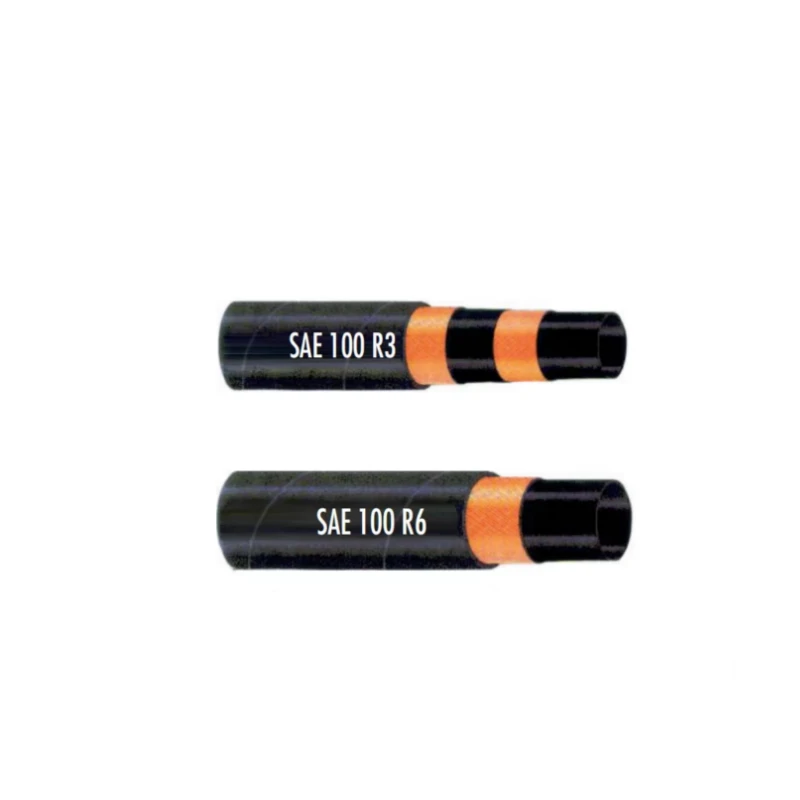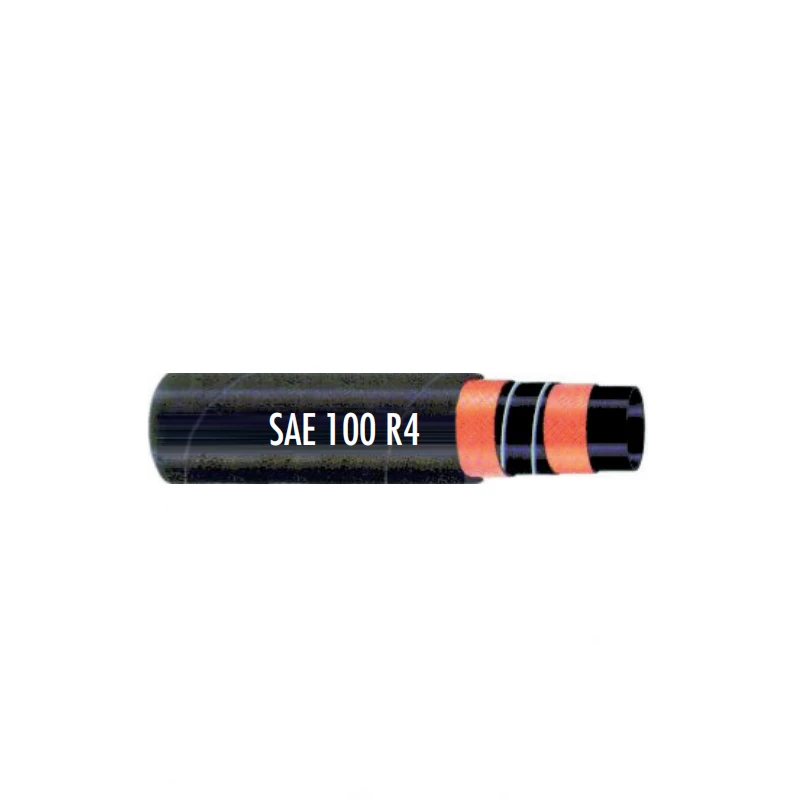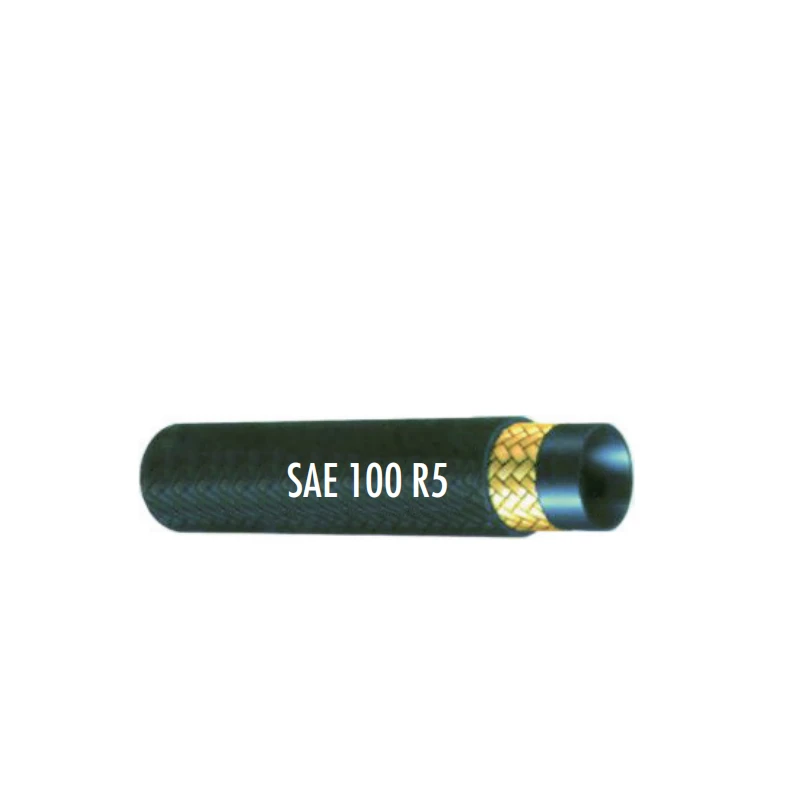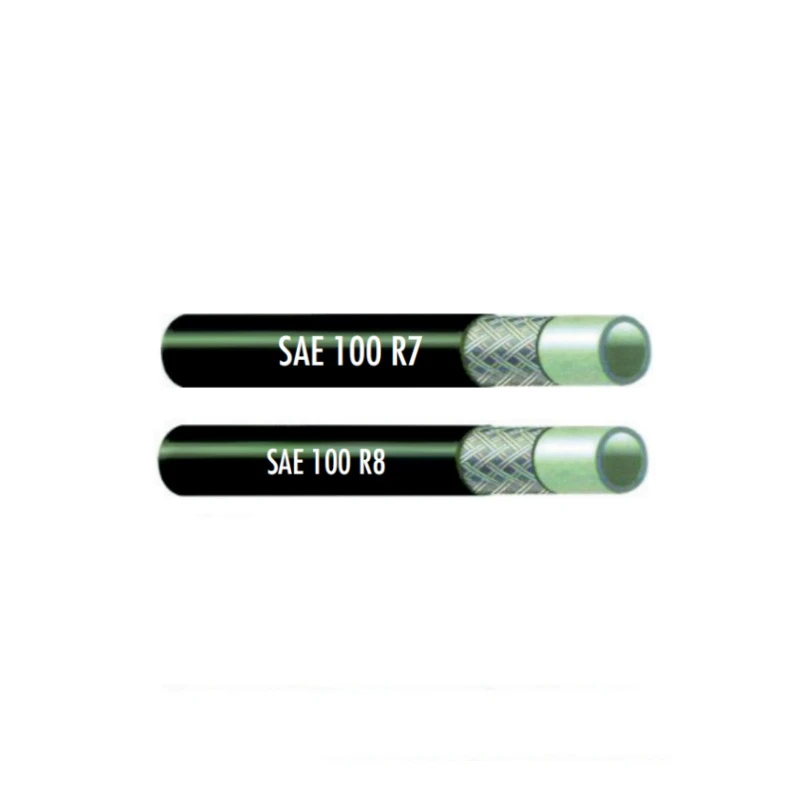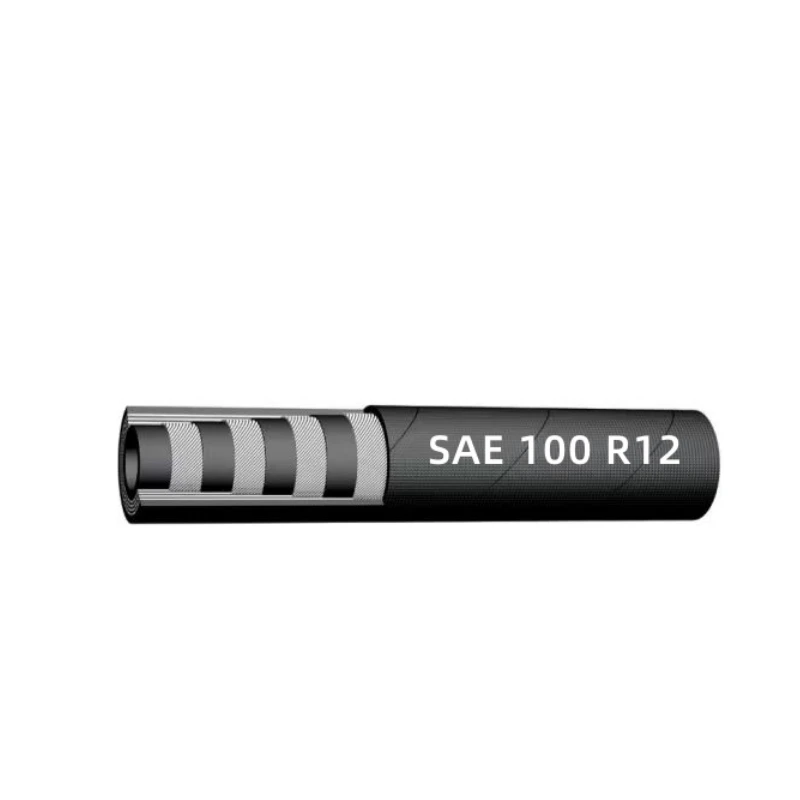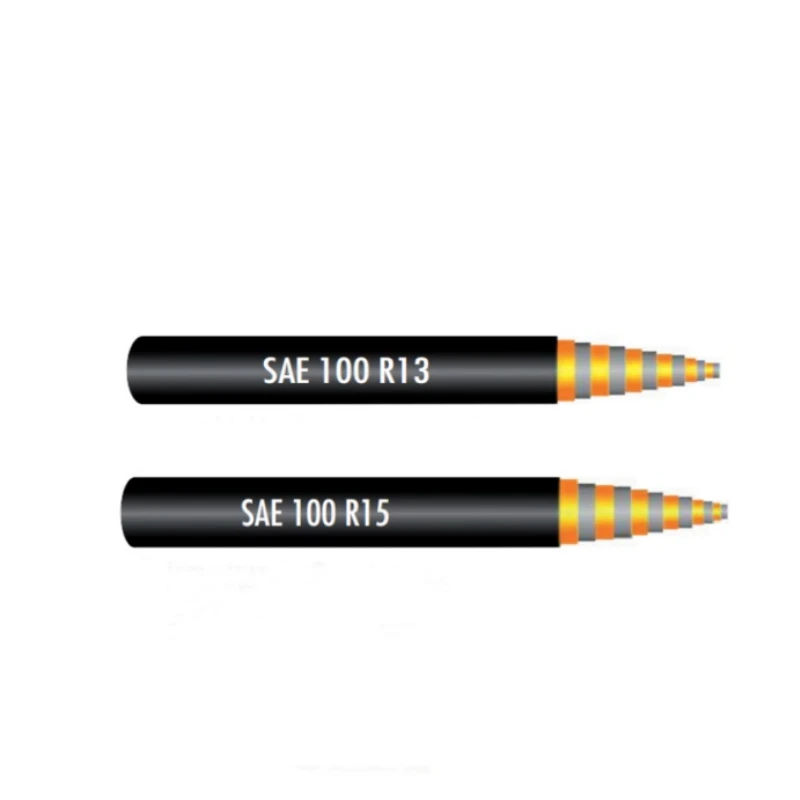
- Afrikaans
- Albanian
- Amharic
- Arabic
- Armenian
- Azerbaijani
- Basque
- Belarusian
- Bengali
- Bosnian
- Bulgarian
- Catalan
- Cebuano
- Corsican
- Croatian
- Czech
- Danish
- Dutch
- English
- Esperanto
- Estonian
- Finnish
- French
- Frisian
- Galician
- Georgian
- German
- Greek
- Gujarati
- haitian_creole
- hausa
- hawaiian
- Hebrew
- Hindi
- Miao
- Hungarian
- Icelandic
- igbo
- Indonesian
- irish
- Italian
- Japanese
- Javanese
- Kannada
- kazakh
- Khmer
- Rwandese
- Korean
- Kurdish
- Kyrgyz
- Lao
- Latin
- Latvian
- Lithuanian
- Luxembourgish
- Macedonian
- Malgashi
- Malay
- Malayalam
- Maltese
- Maori
- Marathi
- Mongolian
- Myanmar
- Nepali
- Norwegian
- Norwegian
- Occitan
- Pashto
- Persian
- Polish
- Portuguese
- Punjabi
- Romanian
- Russian
- Samoan
- scottish-gaelic
- Serbian
- Sesotho
- Shona
- Sindhi
- Sinhala
- Slovak
- Slovenian
- Somali
- Spanish
- Sundanese
- Swahili
- Swedish
- Tagalog
- Tajik
- Tamil
- Tatar
- Telugu
- Thai
- Turkish
- Turkmen
- Ukrainian
- Urdu
- Uighur
- Uzbek
- Vietnamese
- Welsh
- Bantu
- Yiddish
- Yoruba
- Zulu

Dek . 13, 2024 09:22 Back to list
polyurethane fuel hose
The Advantages of Polyurethane Fuel Hoses
In the realm of automotive engineering, the choice of materials for fuel hoses is crucial for ensuring the efficiency, safety, and durability of fuel systems. Among the various materials available, polyurethane has emerged as a superior option. Polyurethane fuel hoses are increasingly becoming popular due to their unique properties that address the specific demands of fuel transfer applications.
What is Polyurethane?
Polyurethane is a versatile polymer that can be tailored to meet a wide range of performance requirements. It can be produced in various forms, including foams, elastomers, and coatings. This flexibility allows manufacturers to create custom formulations that enhance the physical and chemical characteristics of the material.
Benefits of Polyurethane Fuel Hoses
1. Chemical Resistance One of the most significant advantages of polyurethane fuel hoses is their exceptional chemical resistance. They can withstand exposure to various fuels, oils, and solvents without degrading, making them ideal for modern vehicles that use a variety of fuel types. This resistance helps prevent leaks and ensures long-term reliability in fuel delivery systems.
2. Flexibility and Durability Polyurethane hoses are known for their excellent flexibility and durability. Unlike traditional rubber hoses, they can maintain their flexibility even in extreme temperatures, allowing for easy routing and installation in tight spaces. This flexibility reduces the risk of kinks and bends that can lead to fuel flow restrictions or leaks.
3. Weight Reduction Weight is a critical factor in automotive design, as lighter vehicles typically result in better fuel efficiency. Polyurethane hoses are significantly lighter than their rubber counterparts, which contributes to overall vehicle weight reduction. This advantage is particularly beneficial for performance vehicles, where every gram counts.
polyurethane fuel hose
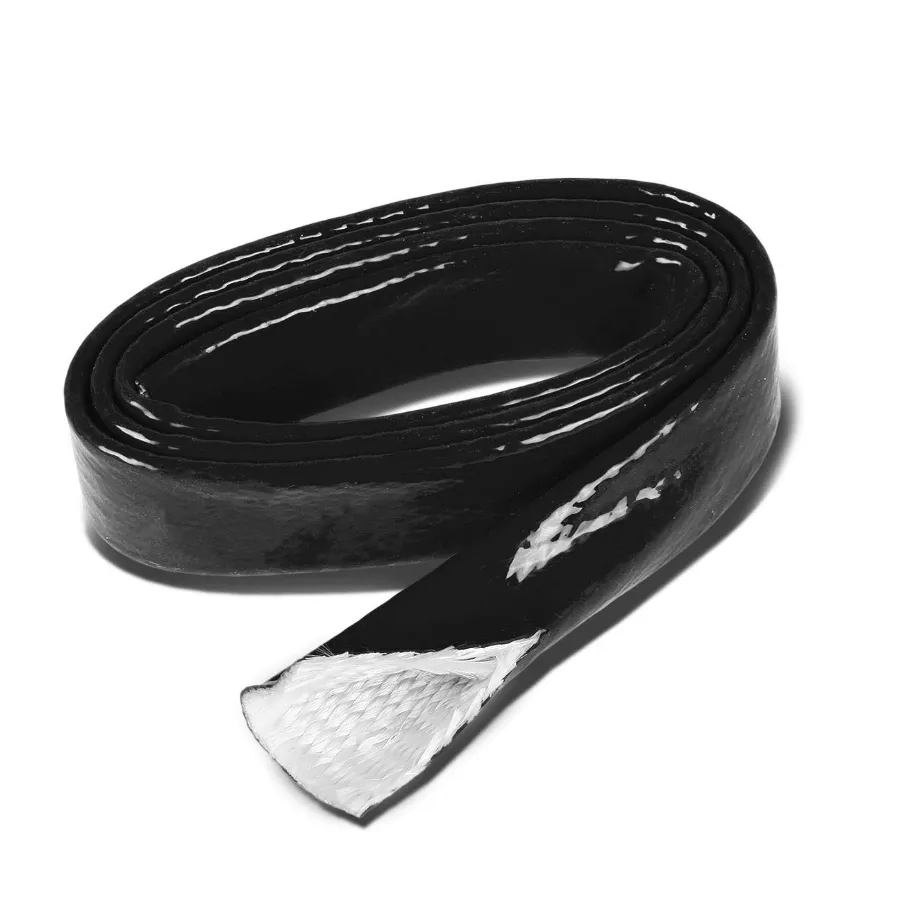
4. Abrasion Resistance When fuel hoses are routed through areas prone to wear and tear, abrasion resistance becomes essential. Polyurethane is highly resistant to abrasion, providing a longer lifespan compared to other materials. This durability reduces maintenance costs and the frequency of hose replacements.
5. Temperature Tolerance Polyurethane fuel hoses can operate effectively over a wide temperature range. They can withstand both extremely low and high temperatures, making them suitable for diverse climatic conditions. This temperature resilience ensures that they maintain performance under varying environmental stresses.
6. Pressure Resistance Another crucial aspect of fuel hoses is their ability to handle pressure fluctuations. Polyurethane hoses can accommodate high-pressure applications without compromising their structural integrity. This quality is particularly vital for high-performance vehicles and racing applications where fuel pressures can fluctuate dramatically.
7. Ease of Installation The lightweight and flexible nature of polyurethane hoses makes installation straightforward. They can be cut to length and shaped to fit various configurations without requiring extensive tools or modifications. This ease of installation can significantly reduce labor costs and time during vehicle assembly or repairs.
Environmental Considerations
In addition to their mechanical properties, polyurethane hoses can also be engineered to be more environmentally friendly. Many manufacturers are focusing on developing bio-based polyurethanes, which reduce reliance on petroleum-based resources. This trend is part of a broader movement toward sustainable materials in the automotive industry.
Conclusion
Polyurethane fuel hoses offer a multitude of advantages that make them an excellent choice for automotive applications. Their chemical resistance, flexibility, lightweight nature, and durability position them as a superior alternative to traditional rubber hoses. As the automotive industry continues to innovate and evolve, the adoption of advanced materials like polyurethane will play a significant role in enhancing performance and sustainability in fuel systems. Overall, the integration of polyurethane fuel hoses represents a step forward in the quest for more efficient and reliable automotive fuel delivery solutions.
Latest News
Steel Wire Reinforced Hydraulic Hose SAE 100 R1 / EN853 1SN S
NewsOct.17,2024
Two Layers Steel Wire Reinforced Hydraulic Hose SAE 100 R2 / EN853 2SN
NewsSep.03,2024
Textile Braid Reinforced Hydraulic Hose SAE100 R3+R6
NewsSep.03,2024
Textile Reinforced Hydraulic oil Suction Hose with embedded Steel Wire SAE 100 R4
NewsSep.03,2024
Single Wire Braid and Textile Covered Hydraulic Hose SAE 100 R5
NewsSep.03,2024
High Pressure Thermoplastic Hydraulic Hose SAE 100 R7 / EN855 R7 - SAE 100 R8 / EN855 R8
NewsSep.03,2024
Heavy Duty Four-layer Steel Wire Spiral Reinforced Hydraulic Hose SAE100R9+R10+R12
NewsSep.03,2024
Heavy Duty Multi-layer Steel Wire Reinforced Hydraulic Hose SAE100R13 SAE100R15
NewsSep.03,2024
Latest Products
